 | In article form here on my Substack. TL;DR: Freedom of speech does not mean much without freedom to transact. Opposition parties that see their funds seized are unable to campaign, protestors with frozen bank accounts can't spread flyers. Access to crypto makes it both less likely that governments will try to censor money, and provides an alternative when it's needed most. A commonly heard criticism of crypto is that it’s only good for scams. It’s used for money laundering, ransomware hackers use it, and the remainder of crypto is a speculative Ponzi scheme. This largely mirrors the early days of the internet, where people questioned whether there was any need for the internet.
As a fun side note, Metcalfe is best known in the crypto world for Metcalfe’s law describing the value of network effects. He also impressively managed to incorrectly predict the demise of not just the internet but also wireless networks and open-source software. Much of this criticism is fair. There are negatives to crypto. There are definitely negatives to the internet as well, though the consensus now seems to be that the positives outweigh them. What then is crypto useful for? I’ve argued before that it offers monetary self-sovereignty for anyone unwilling to suffer debasement, allows anyone in the world to hold a strong store of value, and is fundamentally perfecting money as a medium of exchange. However - are traditional financial systems really that bad? We’re generally able to transfer money quite efficiently. Escaping debasement, while relevant for many in Africa and South America, means little to others who do trust their central bank. To many cryptocurrency skeptics the mantra is that “there is no need for cryptocurrencies”. Ukraine’s crowd-sourcing of crypto donations to quickly help fund their defense shone a positive light on crypto, but there were plenty of donations using traditional financial systems as well.
Allow me therefore to present some examples of parties that have, with good reason, lost their trust in the traditional financial system and in centralized digital currencies. These examples illustrate an underappreciated aspect of cryptocurrencies - their implicit support of democratic values, by making it more difficult to silence unwelcome voices. The Kremlin froze famed Putin-critic Navalny’s bank accounts, followed by his elderly parents’ and daughter’s bank accounts. Navalny was no longer able to receive donations to fight Putin’s regime, except for through cryptocurrency. An opposition party in Turkey had its bank accounts frozen by Erdogan just months before the general election. Despite not directly taking away their right to campaign, campaining has become almost impossible without funds. Hong Kong froze the bank accounts of hundreds of people linked to pro-democracy protests. Protestors started using Bitcoin. Hong Kong took down pro-democracy newspapers - newspapers started backing up articles to the blockchain. Tunisia froze the bank accounts of Ghannouchi and opposition figures, the Ukrainian government froze accounts of four opposition newspapers, Taiwan froze the opposition’s bank account, Canada froze bank accounts of people tied to protests. Greenpeace saw their bank accounts frozen by the Indian government after questions over India’s environmental record, a Vietnamese bank froze accounts of Dong Tam activists and supporters. Nigeria froze bank accounts%20%E2%80%93%20Nigerian%20authorities%20appear,Human%20Rights%20Watch%20said%20today.&text=Security%20forces%20fired%20teargas%2C%20water,and%20live%20ammunition%20at%20protesters.) of #EndSARS protestors, Belarusian Association of Journalists bank accounts are frozen. There are hundreds of examples of non-government aligned movements seeing their bank accounts frozen. While freedom of speech is often seen as a binary variable where people either have it or they do not, the truth tends to be more nuanced. There’s a good argument to be made that freedom of speech without freedom to transact is no true freedom of speech.
All the freedom of speech in the world does not mean anything if you are unable to exercise your right to it. Coming back to the earlier internet comparison, what does free speech mean if you are unable to access the internet? You’d be strongly impeded in spreading your message. What about if you can’t pay for your phone subscription, or your connection at home? When transactions were mostly done in cash it was hard to “censor” a dissenting voice’s possibility to transact. Cash is largely censorship resistant on an individual level. Bank accounts are not. Now, is it likely that silencing dissenting voices happens in a Western country? Is it likely that this happens in your country? You would hopefully think it’s not, and you’re hopefully right. However, Turkey’s Erdogan seemed like a breath of fresh air in 2003 when he first came to power, providing economic and political stability. Now, inflation is at 64%. Political opponents who speak out have their bank accounts frozen, or are rounded up. China seemed to be becoming more open, before clamping down even more strongly. Hong Kong was a beacon of openness, until it wasn’t and protests got squashed. A US under Obama is very different from one under Trump, which is again very different from one under Biden. You might have felt secure that your right to free speech would be safeguarded when Obama was in power, then felt like it was being threatened when Trump was in power. Conversely Trump might have felt safe to you, while you fear Biden will crack down in the name of wokeness. It’s always easy to be in favor of free speech when your political party is in power, but in deciding how much freedom to safeguard one should always think of how much freedom they would want to have if the opposing party was in power. You’d want to retain your power to exit your country, you’d want to retain your power to demonstrate and protest. You’d want your political party to retain its power to fundraise, to host a website, to print their news bulletin, and to organize conferences.
Crypto offers the opposite paradigm. With crypto, everyone has the ability to transact, without possibility of being censored. It’s cash, but digital. This means that because of crypto, you won’t be able to stop Russian kleptocrats from moving their money (though realistically, are we able to do so in the traditional system?). However, it also means that opposition parties can’t have their funds seized, protestors can’t be stopped from coming to a city because they’re unable to buy train tickets, newspapers can still buy the paper needed to print their daily edition, and you retain the ability to exit a country with your wealth intact should you wish to do so. Crypto helps safeguard individual choice, helps retain free speech. It’s an advantage of crypto (amongst many other advantages) that one hopes never becomes to them, and that hopefully generally becomes less relevant over time. But just like having a security system in place can both deter burglars and help when you need it most, availability of crypto deters government censorship by making it more difficult for them to silence dissenting voices and offers an unstoppable alternative. I’ve written before on how crypto allows people to have free choice in what currency they wish to hold helping millions of people, how a deflationary form of money does not lead to disaster, and how crypto can be used to perfect money. [link] [comments] |

You can get bonuses upto $100 FREE BONUS when you:
💰 Install these recommended apps:
💲 SocialGood - 100% Crypto Back on Everyday Shopping
💲 xPortal - The DeFi For The Next Billion
💲 CryptoTab Browser - Lightweight, fast, and ready to mine!
💰 Register on these recommended exchanges:
🟡 Binance🟡 Bitfinex🟡 Bitmart🟡 Bittrex🟡 Bitget
🟡 CoinEx🟡 Crypto.com🟡 Gate.io🟡 Huobi🟡 Kucoin.
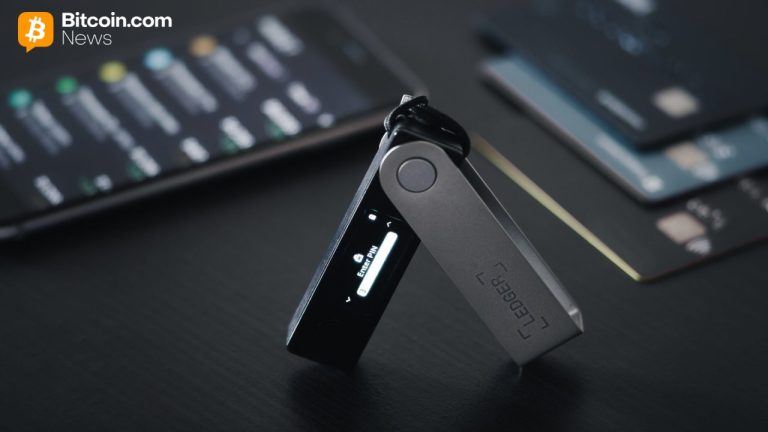
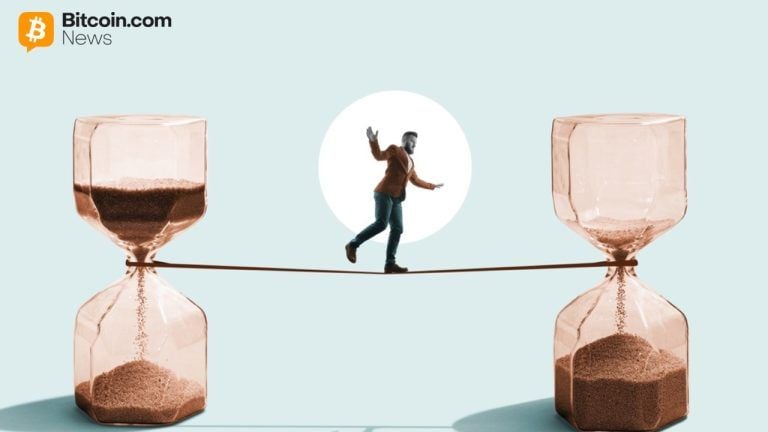



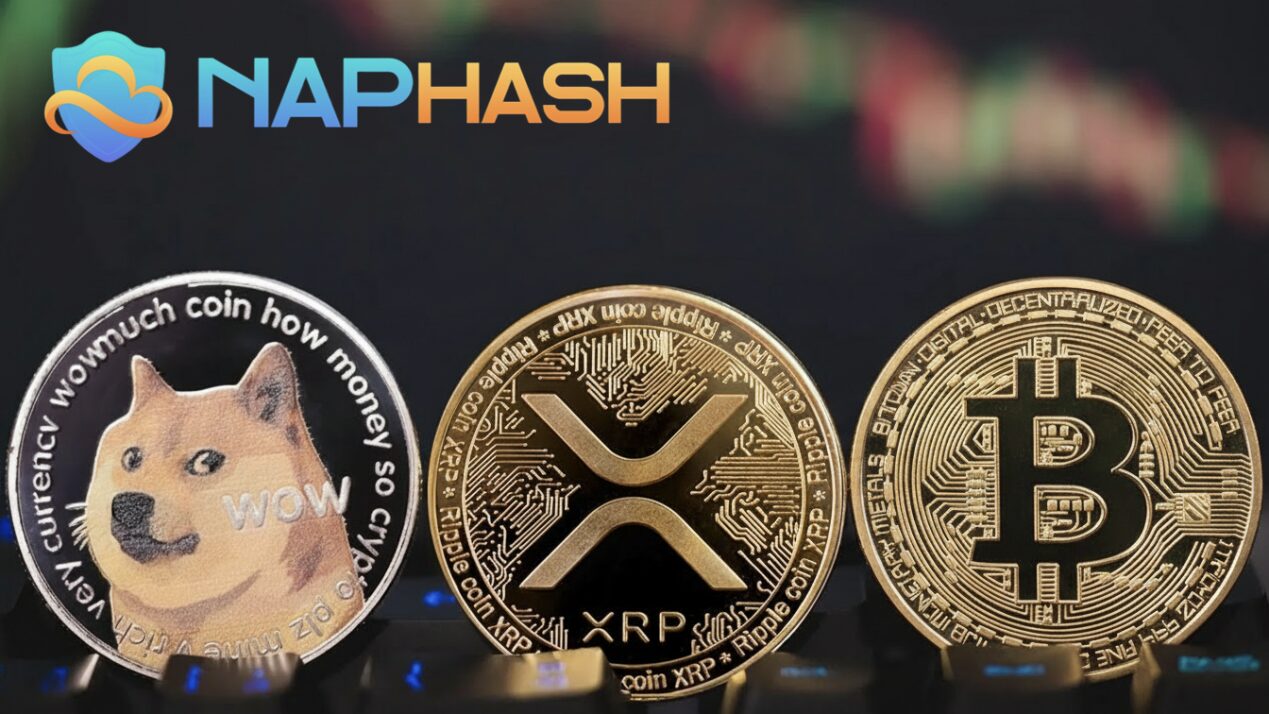

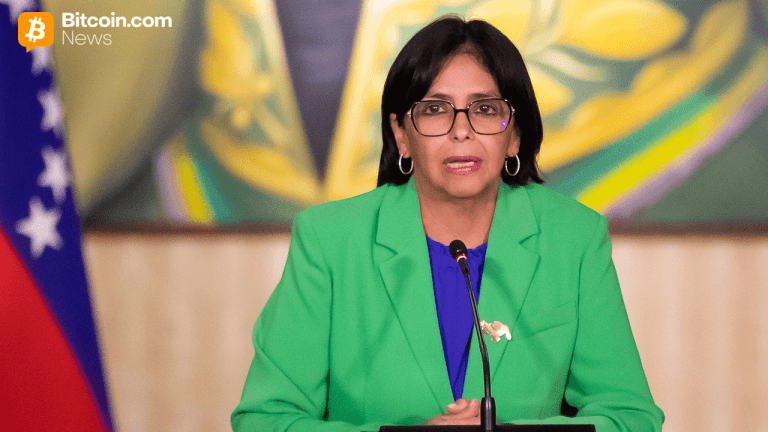

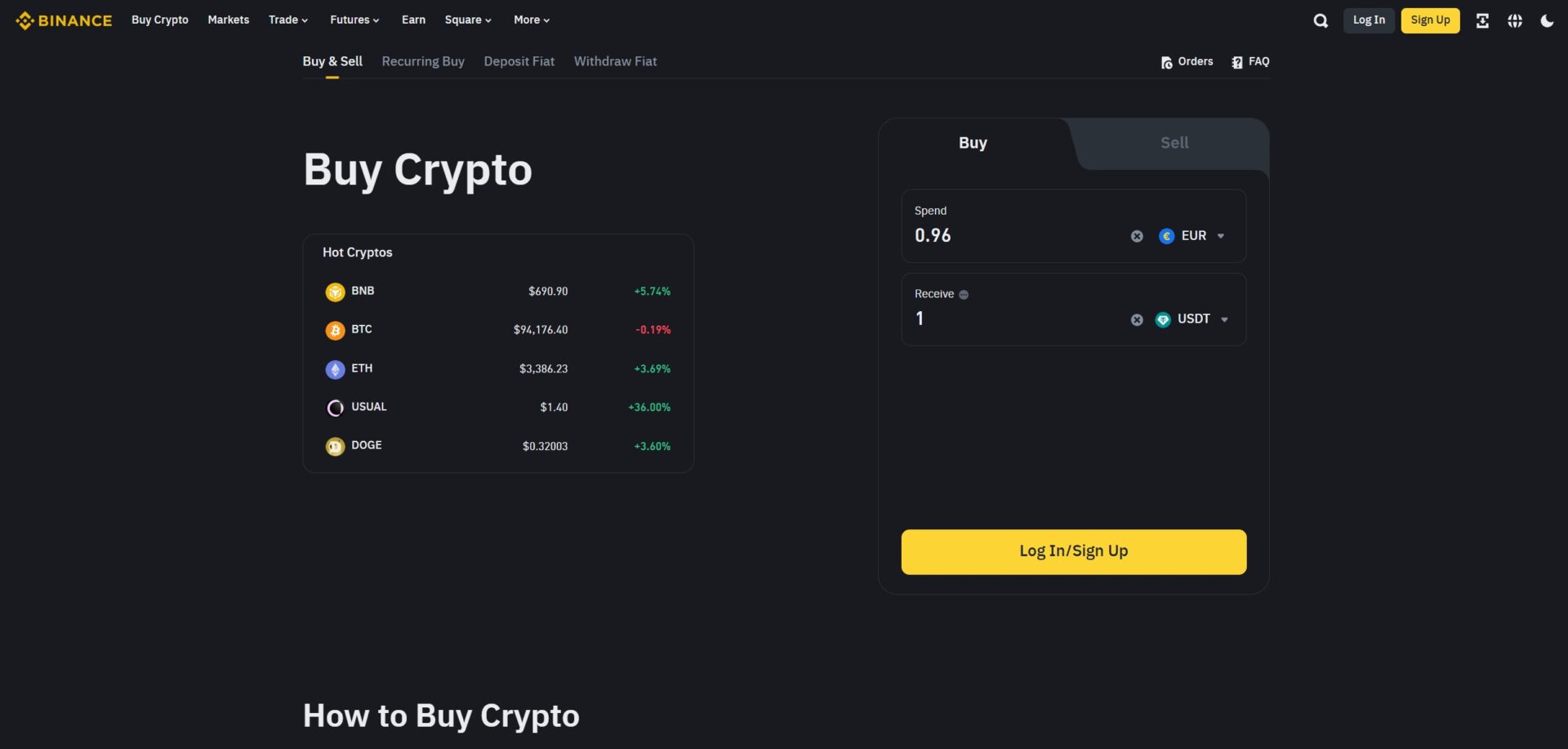
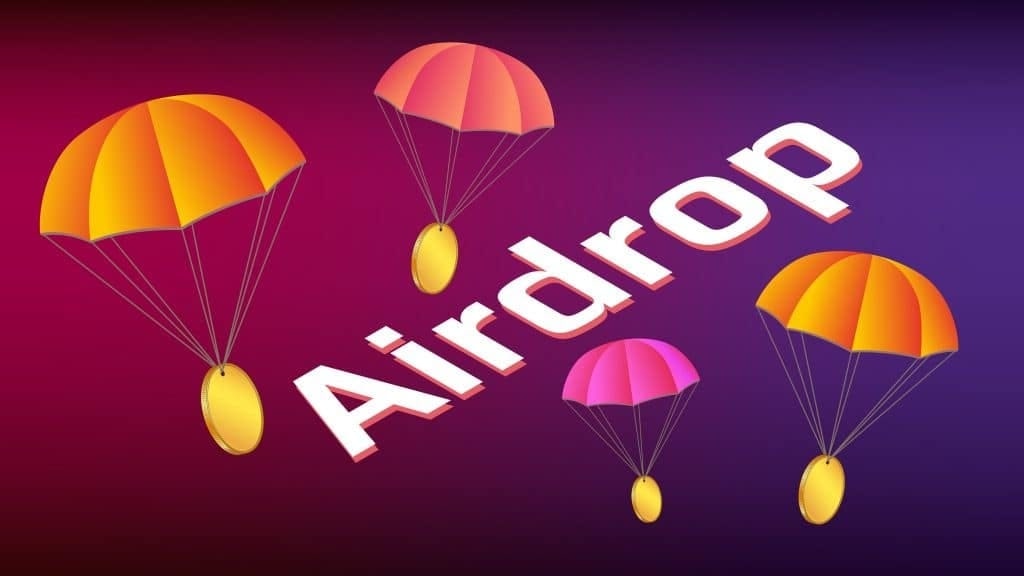

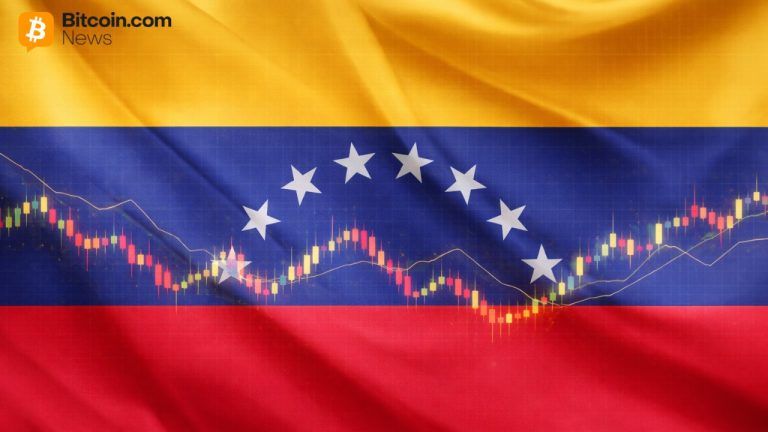
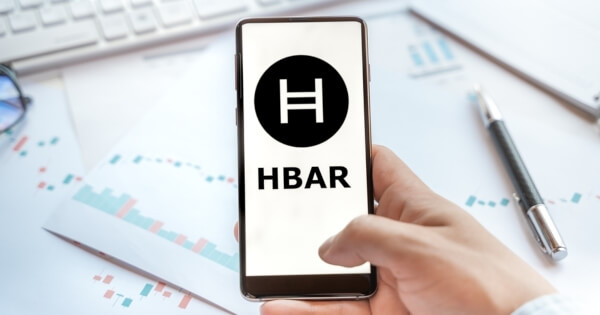





Comments